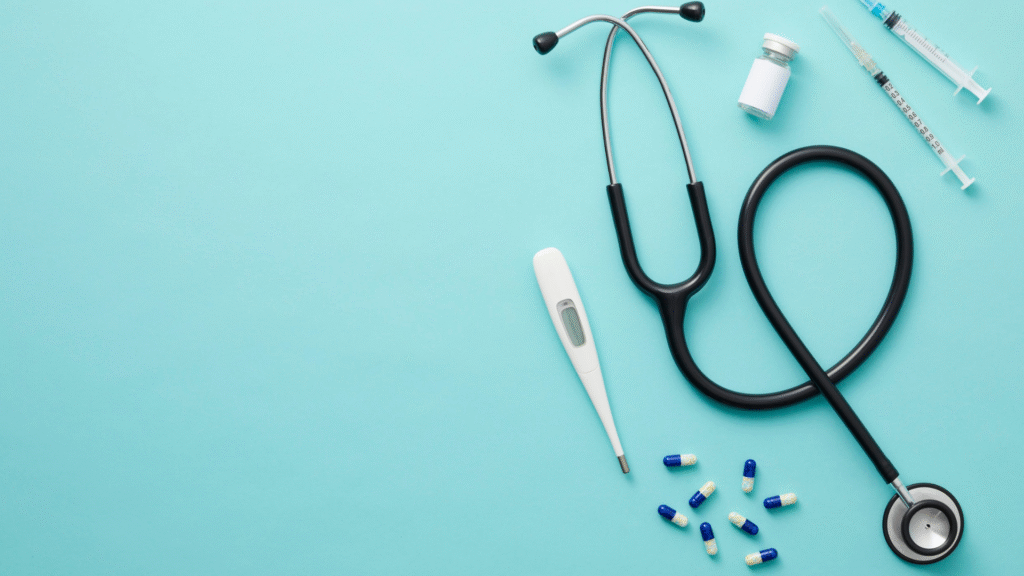The challenge of quality and compliance
In the medical industry, every part produced can have a direct impact on a patient's health. Whether for medical devices such as implants or prostheses, or surgical instruments like scissors or spatulas, traceability is not an option but an obligation.
Thanks to software solutions such as our TRACE module, manufacturers can track every stage of the production cycle in real time, reduce risks and guarantee full compliance with international regulations.
Why is traceability essential in medical production?
- Patient safety Traceability: every part must comply perfectly with the initial requirements. Traceability makes it possible to quickly identify and isolate a batch in the event of non-conformity.
- Regulatory compliance organizations such as FDA in the United States or the European Commission (MDR 2017/745) require exhaustive traceability of medical devices.
- Reduce recall costs In the event of a problem, detailed traceability avoids the need to recall an entire production run, and enables only the parts concerned to be targeted.
- Continuous improvementBy collecting and analyzing production data, manufacturers can detect deviations faster and optimize their processes.
Regulatory framework in the medical sector
- ISO 13485 International standard defining quality management system requirements for medical devices, including component traceability.
- MDR Regulation (EU 2017/745) A unique device identifier (UDI) is required for every product placed on the European market.
- FDA 21 CFR Part 11 U.S. requirements for electronic data and signature management, guaranteeing the completeness of records.
These frameworks require manufacturers to be extremely rigorous in monitoring parts and production processes.
How can you ensure effective traceability in medical production?
- Individual part identification The new RFID technology: via barcodes, datamatrix or RFID, each part is tracked throughout its lifecycle.
- Automated recording of production parameters Temperature, pressure, machine used, operator, batches of raw materials... all data that can be used to reconstruct a complete history.
- Linking design, production and quality non-conformities detected in production can be linked to the batches concerned, facilitating root cause analysis.
- Digitizing and eliminating paper Secure electronic records provide greater reliability and immediate access to information during an audit.
- Data integrity of a traceability tool Well-designed traceability ensures the reliability, accuracy and consistency of data throughout its lifecycle. Modern traceability systems incorporate verification, secure time-stamping and access control mechanisms that preserve the authenticity of information and prevent any unauthorized alteration of critical data.
The benefits of a solution like TRACE
Our software provides manufacturers with :
- A full traceability of parts produced and operations.
- A real-time vision of production and possible drifts.
- From automated reports for regulatory audits and inspections.
- A drastically reduce the risk of human errorthanks to automated recording.
- A centralized database enabling us to respond rapidly to requests from health authorities.
In the medical sector, traceability is not just a management tool: it's a guarantee of safety for patients and credibility for manufacturers.
With increasingly stringent regulations and quality requirements, manufacturers need to rely on reliable, modern solutions like our TRACE module to transform this regulatory constraint into a real competitive advantage.

